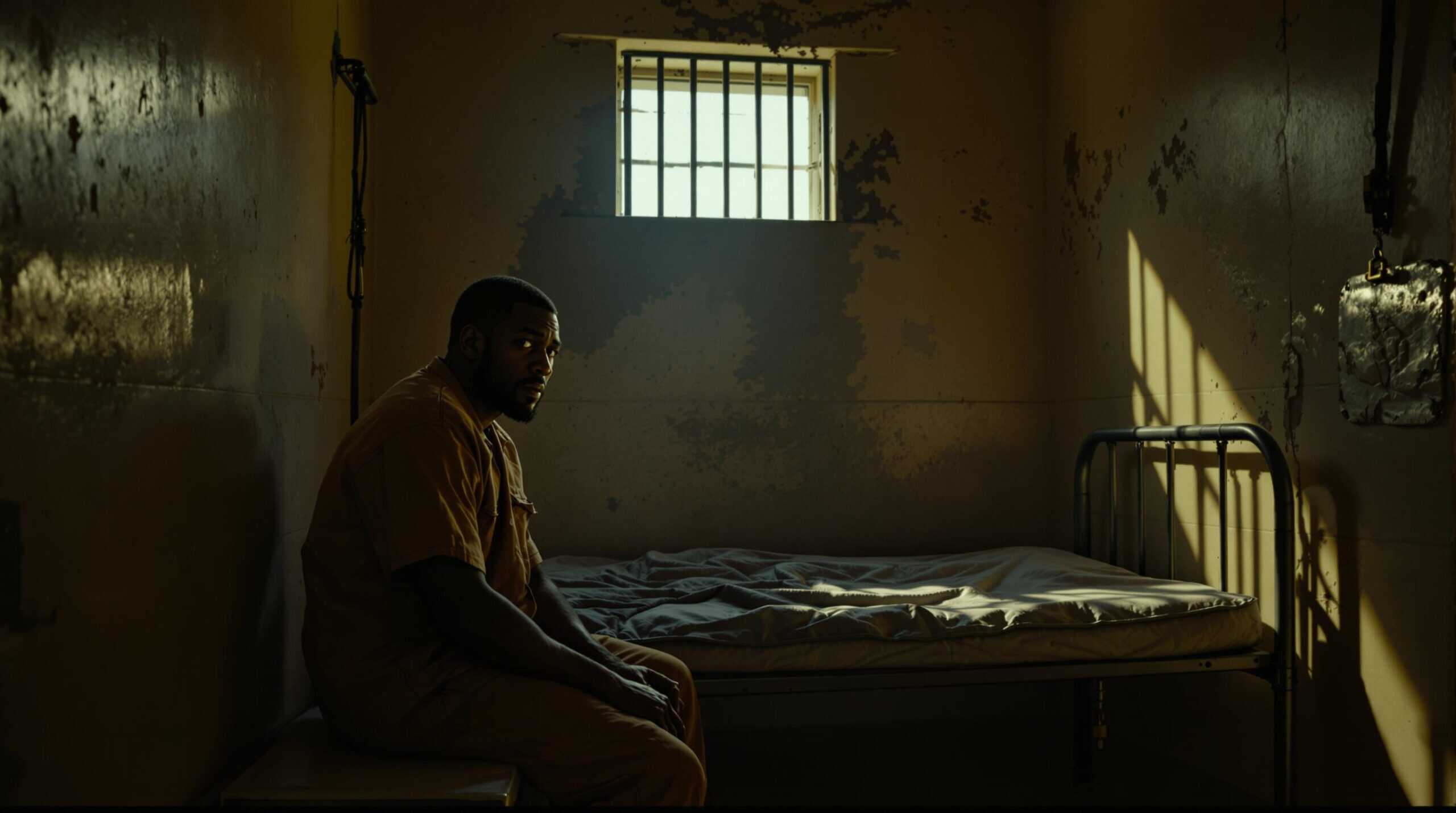Georgia’s prison system is in crisis. A Department of Justice (DOJ) investigation revealed unconstitutional practices, including harsh segregation policies, unsafe conditions, and inadequate medical care affecting 50,000 inmates. In 2024 alone, 330 inmate deaths were recorded, driven by understaffing, gang violence, and systemic mismanagement.
Key Findings:
- Overuse of Isolation: Inmates placed in segregation for minor infractions, leading to severe mental health issues.
- Dangerous Conditions: Poor sanitation, limited outdoor access, and lack of medical care in isolation units.
- Gang Violence: Chronic understaffing and overcrowding have fueled unchecked gang activity and violence.
- Rights Violations: Excessive force and denial of fair procedures were widespread.
DOJ-Mandated Reforms:
- Staff Training: Focus on mental health and segregation management.
- Facility Upgrades: Improved ventilation, sanitation, and living conditions.
- Policy Changes: Caps on segregation duration and mandatory health evaluations.
The Georgia Department of Corrections seems reluctant to implement changes, but strict federal deadlines loom. Advocacy groups like Georgia Prisoners’ Speak are pushing for change and transparency.
DOJ report calls conditions inside Georgia prisons ‘horrific’
Main DOJ Report Findings
Overuse of Isolation
The DOJ report highlighted that Georgia prisons rely heavily on segregation, often without proper justification or fair procedures. A large number of inmates spend most of their day in isolation, sometimes for minor infractions, leading to prolonged periods of confinement. This practice has a direct impact on the poor conditions described in the following sections.
Conditions in Isolation Units
Investigators found that cells in segregation units often fail to meet even basic standards. Inmates have limited access to hygiene facilities, outdoor activities, and consistent medical or mental health care. These conditions create a harmful environment that affects both physical and mental health.
Impact on Mental Health
Prolonged isolation has been linked to serious psychological harm among inmates. The report documented higher rates of depression, anxiety, and self-harm among those subjected to extended segregation. These mental health challenges add to the broader rights violations uncovered in the system.
Violations of Rights
The DOJ uncovered numerous constitutional violations, including the use of excessive force and denial of fair procedures. The lack of adequate medical and mental health care further jeopardizes inmates’ well-being, exposing systemic failures in upholding basic human rights within Georgia’s prisons.
The findings underscore deep-rooted issues in how segregation is used in Georgia’s prison system, stressing the urgent need for reforms to ensure humane treatment and protect inmates’ rights.
Gang Member Segregation Policies
Gang Presence Assessment
A Department of Justice (DOJ) investigation highlighted how chronic understaffing has weakened the ability to monitor gang-related incidents. This issue is further complicated by a rise in prison deaths – from 265 in 2023 to 330 in 2024 – raising serious concerns about overall security.
Problems with Current Gang Policies
The investigation identified several key issues tied to broader segregation failures:
- Overcrowding: Nearly 50,000 inmates are housed in facilities where triple bunking is common.
- Inadequate Supervision: Staffing shortages in gang monitoring have allowed gang activity to go unchecked, leading to increased assaults and homicides.
- Ineffective Control Measures: Existing gang control policies have not succeeded in reducing recurring violence.
These challenges highlight the urgent need for changes in how gang-related issues are managed.
Better Ways to Handle Gang Issues
To address these problems, the DOJ suggests overhauling gang control policies. A focused review of gang management practices is critical, with particular attention to fixing understaffing, reducing overcrowding, and closing security gaps. These targeted improvements are essential for reducing violence and addressing the broader segregation issues identified earlier.
Required Changes and Action Steps
DOJ Required Changes
The Department of Justice has ordered Georgia’s prison system to make sweeping reforms to tackle segregation practices. These changes are centered around three key areas:
- Staff Training: Correctional officers will undergo specialized training to better manage segregation and address mental health needs.
- Facility Upgrades: Prisons must improve living conditions by ensuring proper ventilation, natural light, reliable sanitation, and adequate space.
- Policy Overhaul: New rules will cap the length of segregation, mandate regular health evaluations, and provide more opportunities for out-of-cell activities.
Prison System’s Response
The Georgia Department of Corrections has laid out a plan to comply with the DOJ’s directives. Their approach includes:
- Facility Improvements: Immediate upgrades to improve living conditions and enhance monitoring systems.
- Staffing Solutions: Expanded recruitment efforts, better pay, and other measures to address workforce shortages.
- Policy Updates: Collaboration with mental health professionals and civil rights groups to create new segregation protocols.
Georgia Prisoners’ Speak will play a role in tracking these changes through its transparency programs.
Deadlines for Implementation
The DOJ has set strict deadlines for these reforms, requiring regular progress updates. Missing these deadlines could lead to further federal action and legal penalties.
Conclusion: Steps to Fix Georgia Prisons
Key Findings from the DOJ Report
The Department of Justice (DOJ) investigation revealed serious systemic issues in Georgia’s prison system. These include unconstitutional practices, poor living conditions, and dangerous management failures. These findings highlight the urgent need for reforms to address these deep-rooted problems.
The Role of Georgia Prisoners’ Speak in Driving Change

Georgia Prisoners’ Speak (GPS) plays a crucial role in connecting inmate experiences with meaningful reform through three main initiatives:
- Documentation and Transparency: GPS collects and shares firsthand accounts and evidence about prison conditions, ensuring compliance with DOJ mandates.
- Public Awareness: Updates from within the prison system keep the spotlight on the need for reform and hold authorities accountable.
- Action Framework: GPS provides tools for change, including:
- Resources for legislative outreach
- Ongoing monitoring of prison conditions
- Advocacy campaigns aimed at systemic improvements
As Georgia works to meet the DOJ’s requirements, GPS continues to offer essential oversight and advocacy, ensuring that reforms address the core issues identified in the investigation.
